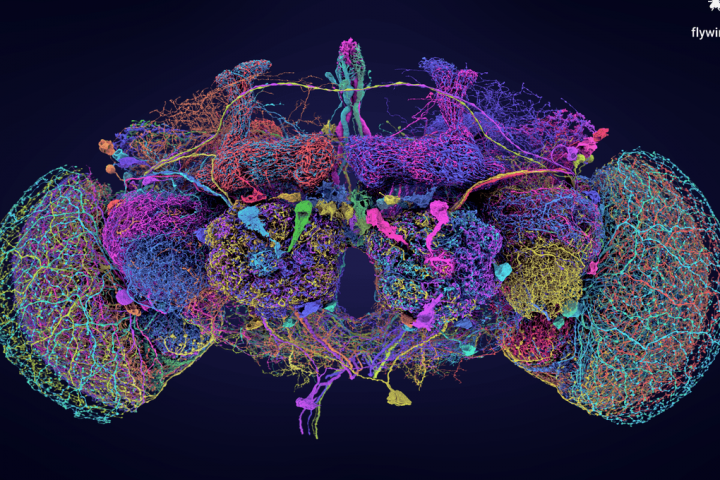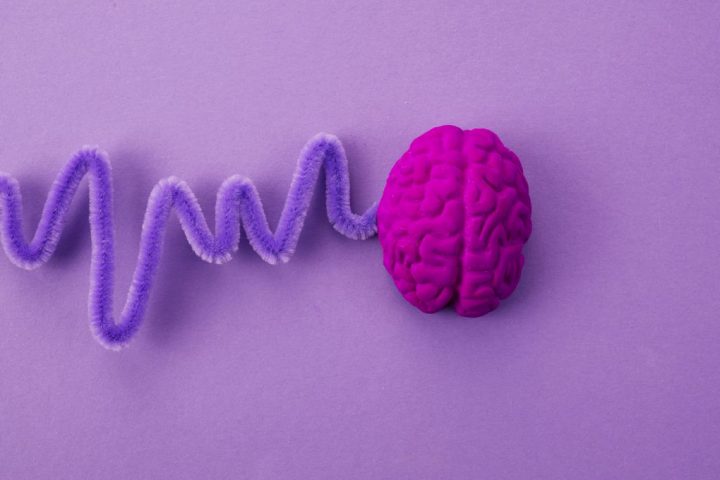Research on psilocybin, the active ingredient in magic mushrooms, has faced significant obstacles due to legal restrictions and political opposition. However, determined researchers have found ways to navigate these challenges, allowing for progress in understanding the potential therapeutic benefits of psilocybin.
In a groundbreaking study conducted by Dr. Stephanie Peck and colleagues at the University of California, San Diego, ten women with anorexia were given a single 25mg dose of COMP360 psilocybin, a synthetic form designed for research purposes. The study took place in a safe environment with psychological support, emphasizing the importance of professional guidance in administering the drug.
While some participants experienced common side effects such as headaches and nausea, these symptoms quickly resolved and were not severe. Remarkably, four participants achieved remission from anorexia three months after the treatment. Additionally, three others reported an overall improvement in their quality of life, and five felt more optimistic about their condition. Only one participant expressed hesitation about receiving another dose.
It is important to note that the study’s sample size and lack of a control group limit the conclusions that can be drawn. Nevertheless, these results are significant when considering the limited success rates of existing treatments for anorexia. Talk therapies, for example, only lead to full recoveries in approximately a quarter of patients, and 20 percent of those diagnosed with anorexia experience reduced life expectancy.
With an estimated 4 percent of women experiencing anorexia at some point in their lives, the lack of effective treatment options has resulted in premature deaths for approximately 0.8 percent of women in developed countries. This highlights the urgent need for innovative approaches to address this devastating condition.
While trials of transcranial magnetic stimulation have also shown promise, they are still in the early stages and often inaccessible due to their high cost. The legalization of psilocybin in Australia for the treatment of depression offers hope for improved access to this therapy for other conditions as well.
Professor Gemma Sharp, an expert in eating disorders at Monash University, expressed excitement about the research, emphasizing the urgent need for approved pharmacological interventions for anorexia nervosa.
It is crucial to recognize that this research is preliminary, as emphasized by the authors and other experts in the field. However, it represents a significant step forward in understanding the potential of psilocybin as a treatment for anorexia.
If you or someone you know is struggling with an eating disorder, support and resources are available. In the US, visit nationaleatingdisorders.org, and in the UK, go to beateatingdisorders.org.uk. International helplines can be found at https://www.worldeatingdisordersday.org/home/find-help.








